- projects
- population reinforcement
- giant bird table
This project proposes to transform 1 acre of former cattle pasture/arable cropland into a giant bird table, providing crucial food and shelter for declining wild bird species.
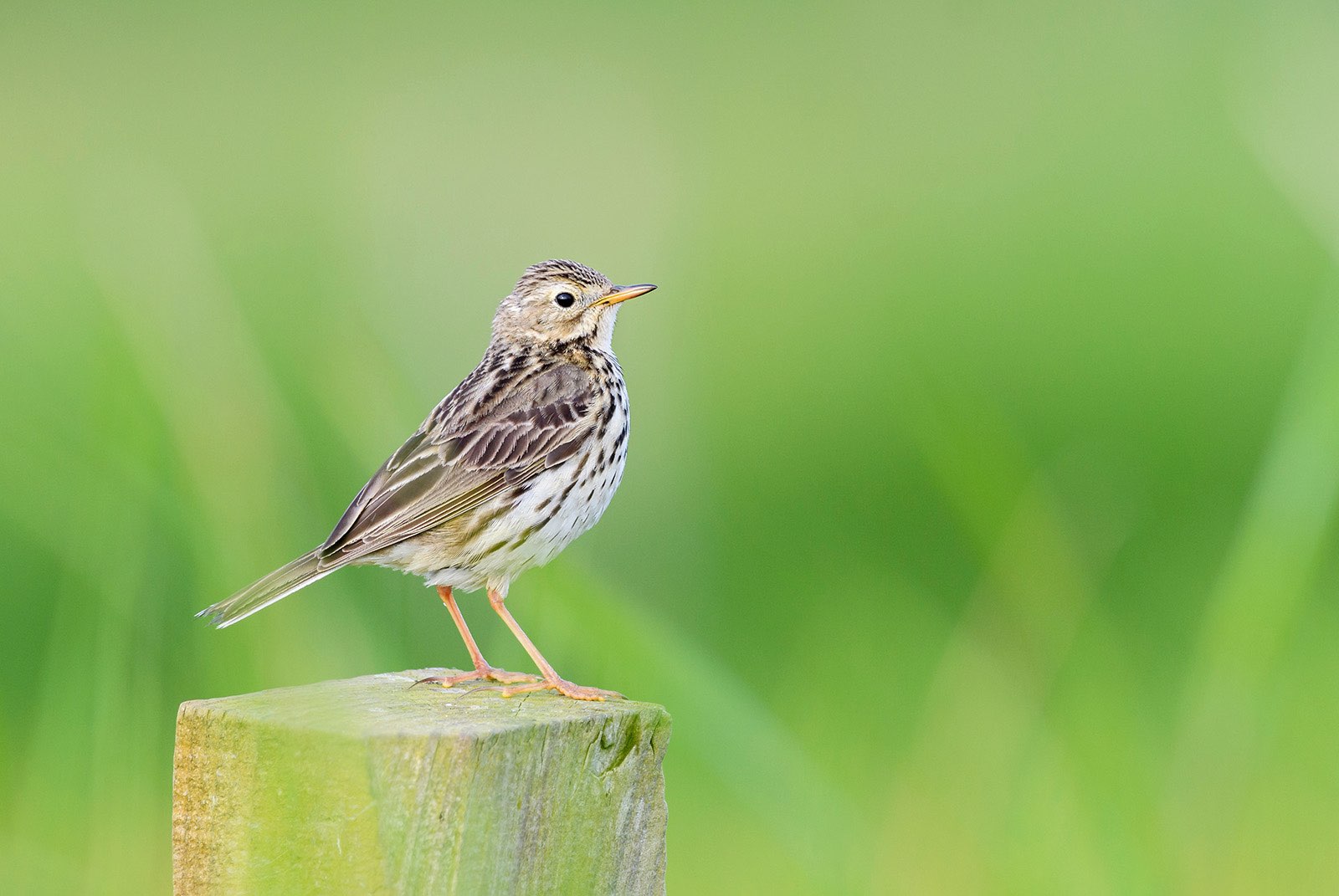
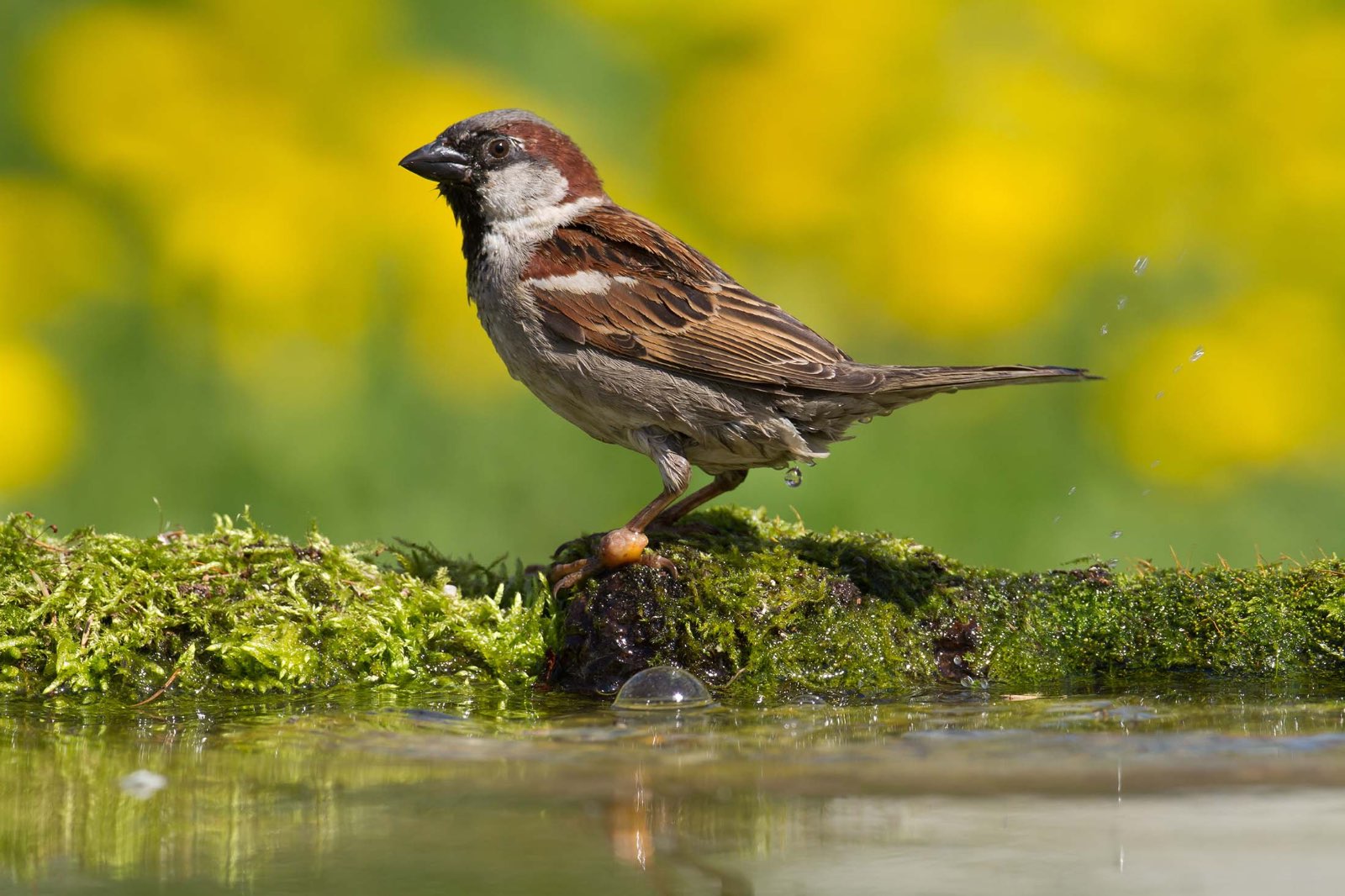
In Ireland approximately 75% of the countryside is farmed, making farmland crucial habitat for supporting various fauna, perhaps most notably wild birds - but with many farmland bird species suffering significant long-term population declines, it is apparent that nature friendly farming in Ireland has a long way to go yet, a truth which has necessitated creation of various government funded EFS (Environmental Farming Scheme) projects. Such voluntary schemes offer subsidies, training and advice to farmers in an attempt to move toward better land use practices which are more sympathetic to wildlife.
Agricultural intensification is a catastrophic problem in Ireland which among other significant ecosystem failings has resulted in a substantial decline in the ability of farmland habitat to support wild birds, namely through a decrease in available winter food sources. There are various aspects to Ireland’s farming practices responsible for such a reduction in habitat suitability, including reduction in mixed farming, widespread pesticide / herbicide use, increased crop density / height, modern crop rotations which have earlier and more frequent mowing and removal of winter stubble.
Providing a winter feed crop for wild birds is an under-utilised and extremely valuable method of supporting bird populations, with potential for secondary benefits for a variety of fauna. Wild Gaia aims to establish an initial stepping stone of alternative seed source within an intensively managed rural Irish landscape, with future potential to add more stepping stone seed sources across the country in order to provide a network of reliable food source habitat not subject to intensive modern farming practices available to wild birds.
16 May 2024
Crops for winter food for seed eating passerines are growing well.
24 March 2024
Ground being rotovated and turned over ready for the seed to be sown.
Recieve detailed updates by joining Wild Gaia
Help support us by sharing the project
Make a direct contribution to the project
Although the primary aim is to support vulnerable seed-eating bird species, this project will also benefit other fauna; providing valuable habitat for invertebrates and small mammals (whose presence in turn will provide additional foraging opportunities for a wider range of bird species, including raptors such as barn owls and kestrels who will hunt field mice, voles and shrews, and further support the diet of seed-eating species such as yellowhammers who will be able to provide their chicks with an important source of protein via insects). This project will therefore also have lasting benefits beyond the winter months, into the farmland breeding season.
This project plans to begin Spring 2024, with the seed mixture sown in April or May and re-established each spring to maintain seed production. Within this project Wild Gaia aims to rent or lease an acre of land (at various locations) in order to create this important food resources for a wide range of BoCCI (Birds of Conservation Concern Ireland). Species which will benefit from creation of a giant bird table are yellowhammer, reed bunting, linnet, tree sparrow and skylark; as well as a wider range of birds and other fauna that will receive secondary benefits.
The land will be ploughed, tilled and prepared; a spring sown crop mixture will then be established over ~75% of a 1-acre plot and will then be left completely unharvested over the winter months. Retaining the bird table over the winter will provide a valuable food source for declining farmland birds when other food sources are scarce or exhausted. A varied seed mixture will be used and will consist of: linseed, mustard, oilseed rape, quinoa, barley, wheat, and rye. Grasses and legumes will be excluded from the mixture. Having a mixture of seeds will be particularly beneficial as different crops should seed at different stages during the winter season, ensuring a sustained availability of seed and appealing to the different seed preferences held by a wider variety of bird species - for example, yellowhammer prefer cereal whilst linnet prefer linseed. The bird table will be left free from insecticides, herbicides or other chemicals as are commonly used in farming; the crop will be fully organic.
Large cereal seeds and smaller seeds will be sown separately due to the different sowing depths required by each (~5cm depth vs ~1cm depth), and sowing methodology will be informed using advice given from organisations such as BirdWatch Ireland, RSPB and the BTO. The crop will also be sown at a lower density than commercial planting; this will allow more space and light, helping rare arable wildflowers germinate and seed and also providing a more open structure which will favour more bird species such as blackbird and song thrush who can then forage on the ground for earthworms. Broad leaved ‘weeds’ are beneficial if they don’t smother the crop; they provide flowers for pollinators and further choice of smaller seeds for birds. Such flora can also support diverse invertebrate populations.
During the winter months birds use their energy budget for thermoregulation, and this energy store must then be replenished by a sufficient food source in order to survive. The creation of a giant bird table will therefore provide a valuable 1-acre plot of alternative seed mixture within County Cork; this will help sustain the survival and recovery of local farmland birds and act as an important stepping stone within the wider rural landscape.
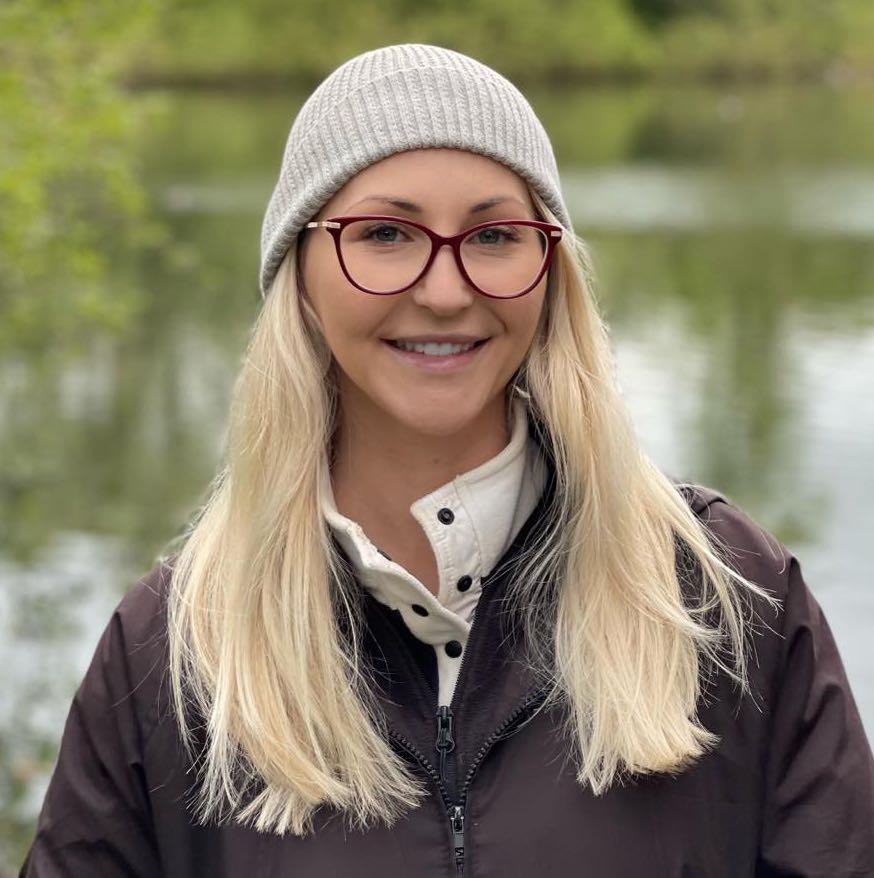
catriona porter
Ecologist
Cliodhna Loughran
Research
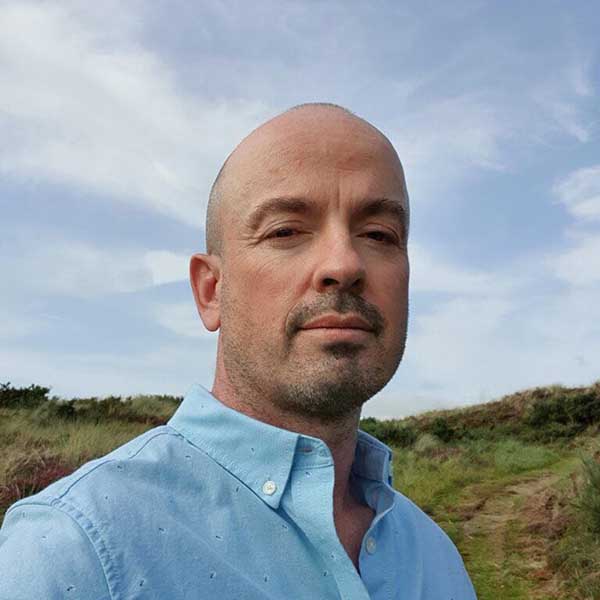
cormac loughran
Founder
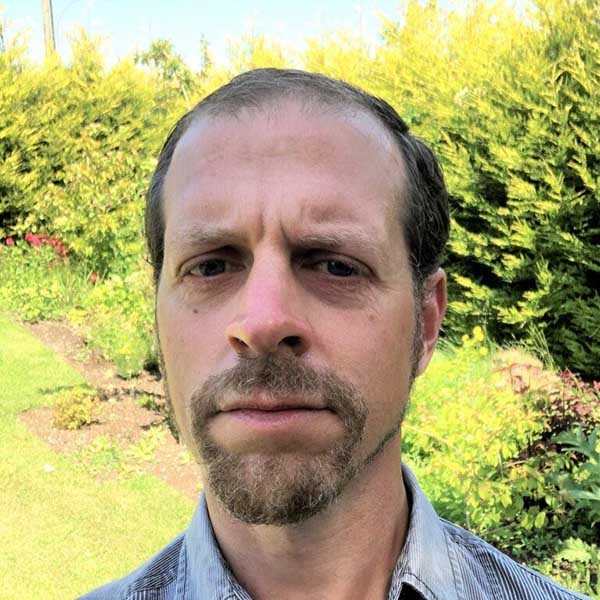
karl hamilton
Raptor Ecologist
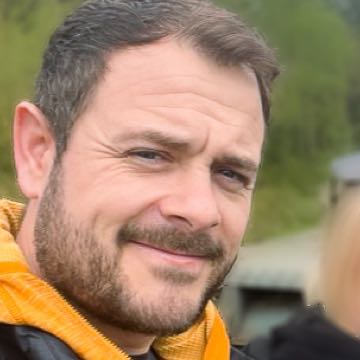
philip leathem
Photographer / Videographer
https://www.pnas.org/doi/full/10.1073/pnas.2216573120
https://www.sciencedirect.com/science/article/abs/pii/S0167880909001625
Join us and become part of a community committed to restoring Ireland’s natural beauty: